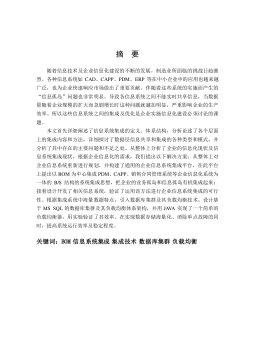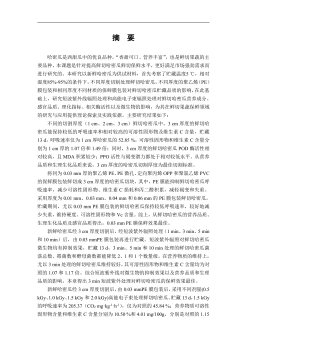出口信用保险对我国出口贸易促进作用的研究
摘要人民币汇率政策的变动,全球粮食、能源等基础产品价格的飙升及全球金融危机的爆发与蔓延,使我国的外贸出口面临着严峻的形势。出口信用保险是一国政府为了推动本国货物、技术以及劳务的对外输出,保障出口企业收汇安全,增加国家外汇收入而建立的政策性保险业务。发达国家各国政府通过利用出口信用保险,曾成功的抵御了30年代、80年代全球性经济危机及1997年的亚洲金融危机。那么,在当前的经济金融环境下,有效运用出口信用保险支持我国的外贸出口就成为摆在我们面前的重大课题。本文以出口信用保险对我国出口贸易促进作用的“作用研究”为切入点,通过研究我国出口信用保险承保额与外贸出口额数量关系,为我国贸易政策的制定提供实...
相关推荐
-
10KV电网D-SCADA 系统信息采集与故障诊断研究与设计VIP免费
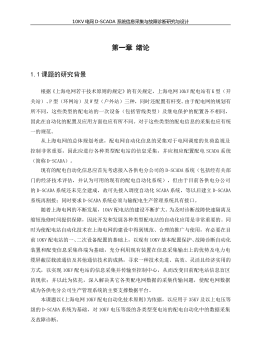
 2024-10-14 53
2024-10-14 53 -
方形吸顶散流器平送风等温射流特性研究VIP免费
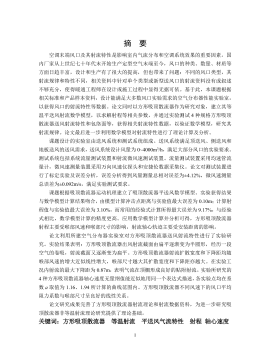
 2025-01-09 13
2025-01-09 13 -
关于充液声导波传感器中频散兰姆波的研究VIP免费
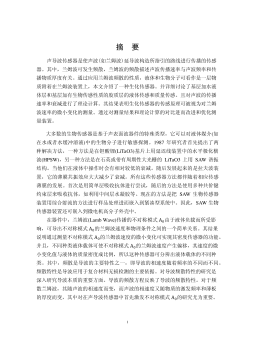
 2025-01-09 22
2025-01-09 22 -
结合梁斜拉桥施工过程中考虑剪力滞影响的分析方法VIP免费

 2025-01-09 30
2025-01-09 30 -
空调房间热舒适性的数值模拟与实验研究VIP免费
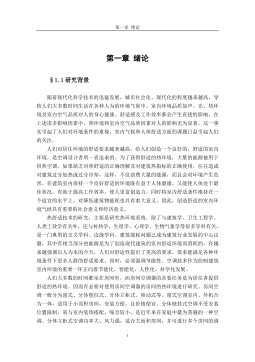
 2025-01-09 11
2025-01-09 11 -
汽车前轮线控转向系统研究VIP免费
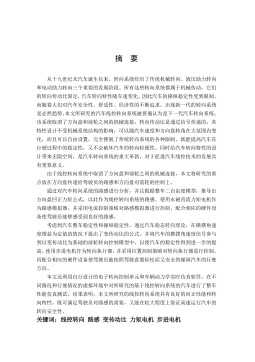
 2025-01-09 20
2025-01-09 20 -
输入分配型混合动力车辆动力系统控制策略研究VIP免费
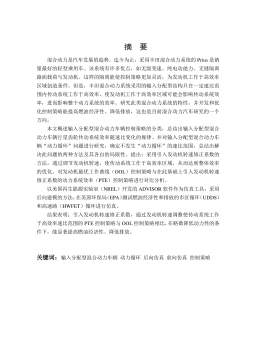
 2025-01-09 9
2025-01-09 9 -
双馈风力发电系统的柔性并网控制研VIP免费
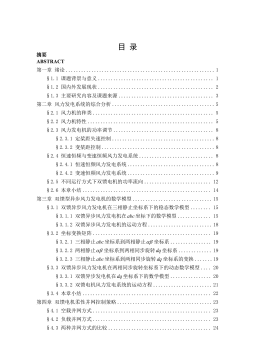
 2025-01-09 38
2025-01-09 38 -
污水处理厂污泥好氧堆肥发酵技术的试验研究VIP免费
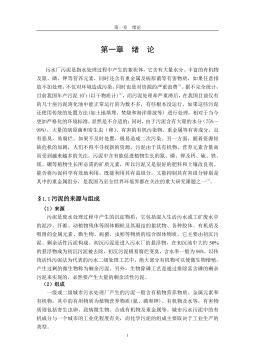
 2025-01-09 11
2025-01-09 11 -
应用风室试验装置的风机性能VIP免费
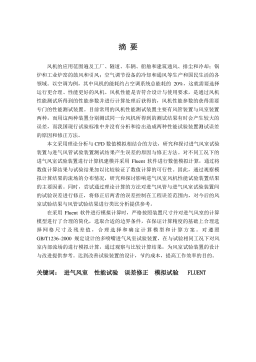
 2025-01-09 13
2025-01-09 13
相关内容
-

汽车前轮线控转向系统研究
分类:高等教育资料
时间:2025-01-09
标签:无
格式:PDF
价格:15 积分
-

输入分配型混合动力车辆动力系统控制策略研究
分类:高等教育资料
时间:2025-01-09
标签:无
格式:PDF
价格:15 积分
-

双馈风力发电系统的柔性并网控制研
分类:高等教育资料
时间:2025-01-09
标签:无
格式:PDF
价格:15 积分
-

污水处理厂污泥好氧堆肥发酵技术的试验研究
分类:高等教育资料
时间:2025-01-09
标签:无
格式:PDF
价格:15 积分
-

应用风室试验装置的风机性能
分类:高等教育资料
时间:2025-01-09
标签:无
格式:PDF
价格:15 积分


